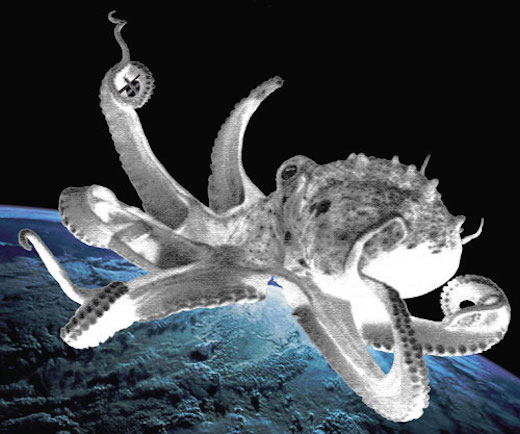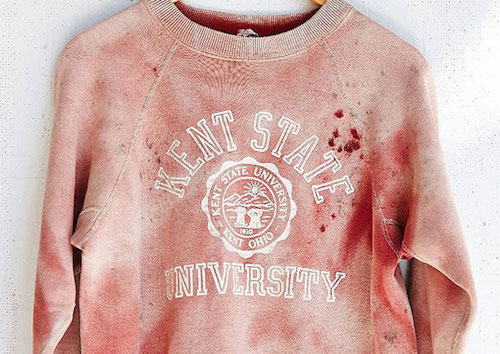One of the dark arts I learned as an English major was how to trim a quote. You write an English paper by thinking of an argument and then finding quotes in the text to support it. Your reader will encounter these quotes in the context of your argument, not the original material, so it’s important to crop and frame them in a way that makes sense. Like karate or bagpipes, this skill can be used for good but easily bends to evil. I present Madeleine Holden’s essay in Wondering Sound, Women Don’t Collect Music to Impress You, Dan Brooks.
Category Archives: Close Reading
Close reading: Advice from Google about only using Google
I’m one of those poor fools with two email accounts. At some point in 2007, it seemed like a good idea to have one address for work and one for personal stuff, because…profit? The concrete advantage was not clear, but it sounded like something an organized person might do. Now I have two essentially interchangeable addresses, one at Gmail and one at the great-in-theory Apple domain me.com. I manage both addresses with Apple Mail, so I generally forget that I even have two Inboxes until one stops working. When Gmail stopped this weekend, I assumed I had run into a bug in the new Mac OS. Instead, I ran into the minor masterpiece of insinuation that is the subject of today’s Close Reading.
Urban Outfitters CEO puts “facts” in quotes, enters realm of phantasm where nothing is real
Last week, Urban Outfitters became the object of public outcry when it offered for sale on its website a Kent State University sweatshirt that appeared to be stained with blood. For those of you who shop at Urban Outfitters, Kent State was the site of a Vietnam-war protest that become a massacre when the National Guard opened fire on unarmed college students. So the sweatshirt is funny and timely. Nevertheless, CEO Dick Hayne felt compelled to defend Urban Outfitters in an email to employees:
In the last 24 hours we have received a lot of negative publicity and many of you have received communication from friends, family members or those outside the URBN community regarding a Kent State sweatshirt for sale on urbanoutfitters.com that was mistakenly identified as “bloody.” We wanted to address this with our community and provide some “facts.”
Discussion of what it might mean to put “facts” in scare quotes after the jump.
What does Cornel West mean when he says “brother?”
The Cure sent me a link to this interview between Cornel West and Thomas Frank, in which they agree that everyone is extremely disappointed with President Obama’s failure to be more progressive. They seem to mean everyone they know, which may be a closed epistemic circle. But I’m less interested in West’s assessment of what everyone thinks than his use of the word “brother.” For example:
[Obama] invoked the American family last week. It’s a lie, brother. You’ve got to be able to tell the truth to the American people. We’re not a family. We’re a people. We’re a nation. And a nation always has divisions.
So if West does not use “brother” to invoke the idea of a human or American family—if he in fact uses it when explicitly refuting that concept—what does he mean? Close reading after the jump.
Close Readings: Kerry nominalizes a war crime
Secretary of State John Kerry argued Sunday that Russia was heavily involved in the downing of a Malaysia Airlines 777 over eastern Ukraine, and he did it in the most tepid way imaginable. Before we go any further, let’s take a moment to consider what an insanely awful thing happened Thursday. Someone used a military anti-aircraft missile to shoot down a commercial airliner carrying almost 300 people, either accidentally or because they could. Probably, it was the second one. Regardless of how you feel about the conflict in Ukraine, it has enabled at least one crew of surface-to-air missile operators to kill 300 civilians for sport. According to the US State Department, that’s Russia’s fault. And Secretary Kerry is here to tell the world, in roughly the same tone as stereo instructions.





